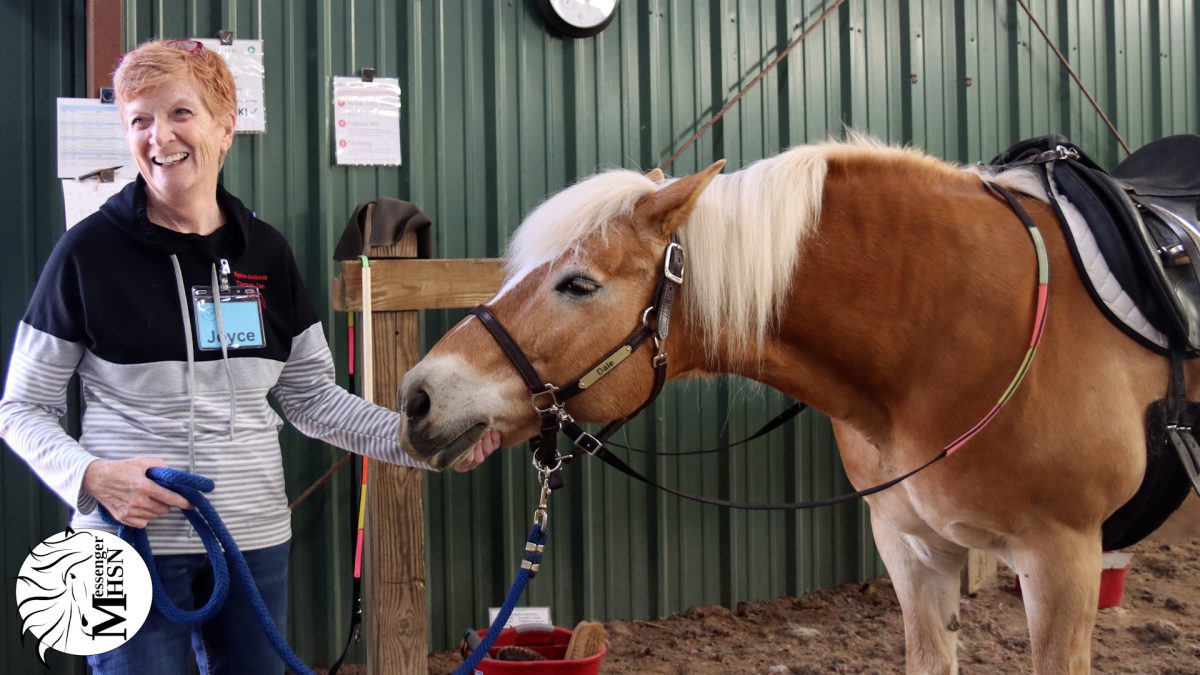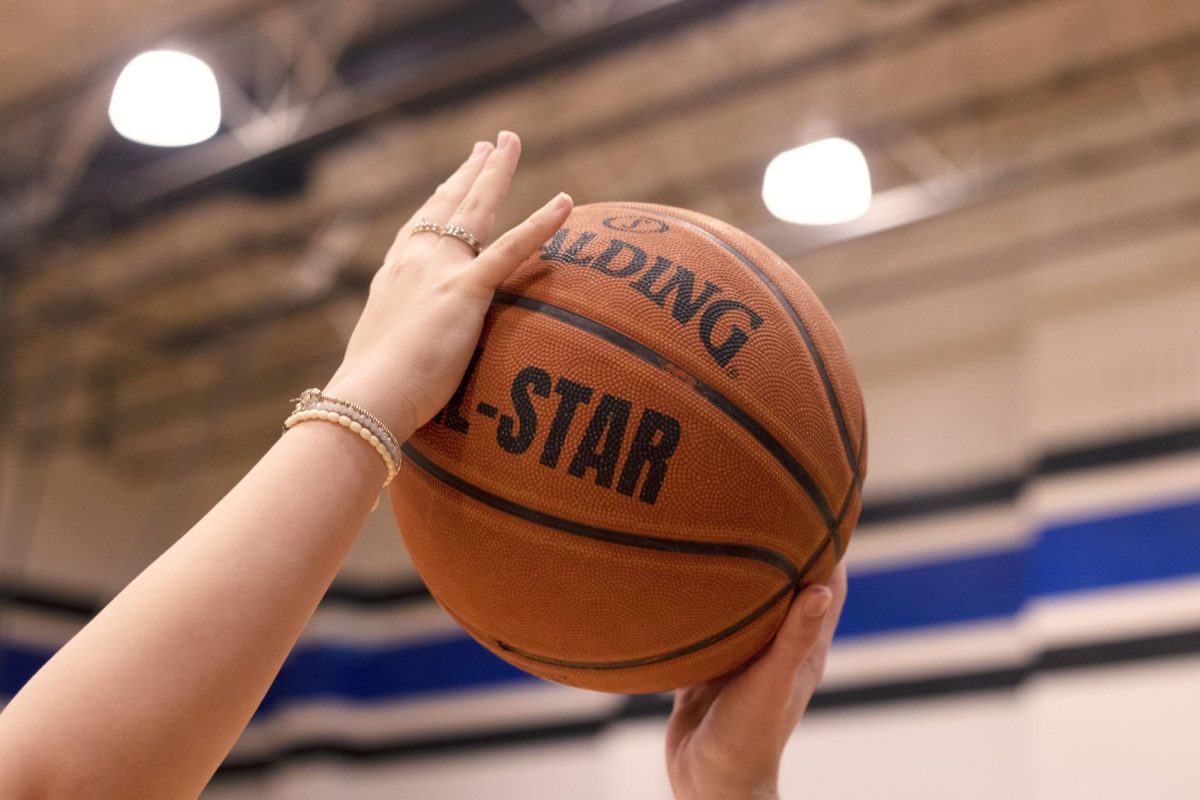Six years.
I played softball for six years before quitting.
I was a catcher on the Pink Panthers softball team. Our cotton shirts were dyed hot pink, I wore frilly ribbons in my hair every game and my bat was a deep shade of purple. Despite my feminine appearance, I never allowed others’ opinions to influence my love for the sport — or so I thought. Then I heard the phrase for the first time after a game:
“You throw like a girl.”
That moment was only the beginning of many other moments and feelings. It was the phrase I heard throughout my entire life in every sport I played. Soccer, softball or volleyball — it didn’t matter. Any achievement or success I had on the athletic field was overshadowed by my taller, stronger male counterpart. Even at 10 years old, I knew no matter how talented I became, I would never be seen as good enough in comparison to the average boy.
So, I gave up. I threw away sports, stopped trying out and looked for other extracurriculars — a decision I regret to this day. I felt overshadowed by my gender. I knew women were more capable than any backhanded comment or male comparison, but I also knew what being a woman in a male-dominated sport felt like: shame, continuous comments and hate.
Yet at 17 years old, that feeling changed — and I have Caitlin Clark to thank.
All I knew of Caitlin Clark was from my grandpa; he would display YouTube videos of her record-breaking three-pointers and game strategies on the TV. I had never heard of her and honestly didn’t care at first, until I saw her playing. I couldn’t look away or I’d miss her shots with one blink. She was dominating the game — something no one could disagree on.
Basketball has always been seen as a man’s sport, but slowly, the roles are reversing. When March Madness rolled around this year, I expected the only team games displayed across nearly every channel would be the men’s. Yet something was different. While flipping through the sports broadcasts, my feed was filled with NCAA games of women’s basketball. A new feeling arose.
I felt like a little girl once again — the little girl who was just told by her male peers that she was too “weak” to be better than any man. But instead of the shameful tears that usually came, I felt stronger. I now know the pink bows ribboned throughout my hair didn’t make me any less capable than a man; the hot pink cleats and glove didn’t define me or my talent. I felt the same way during the game: stronger, recognized and appreciated. The 10-year-old catcher didn’t have the chance to live out her athletic dreams, but generations to come will.
This year, the University of Connecticut (UConn) vs. the University of Iowa (UI) game broke records. The game averaged 14.2 million viewers on ESPN — the most viewed women’s basketball game and the largest audience for an ESPN broadcast ever. These numbers aren’t just numbers, they represent change. Women are finally getting recognized for their talent, strength and capability in sports.
On March 3, Caitlin Clark became the all-time highest Division 1 NCAA scorer in basketball between men and women with 3,951 points. Her impact is bringing together a community, raising a new generation and inspiring young girls and boys. She has impacted the future of not only women’s basketball, but women’s athletics in general — women have been great for generations, but now they’re finally getting the same coverage as their male-counterpart.
While Caitlin Clark has revolutionized the media coverage of women’s basketball, she is only one of the many other talented women who continue to dominate and rewrite history. Paige Bueckers, Kamilla Cardoso and Juju Watkins are a few of the talented women who are dismantling the misogyny and stigma around being a woman in sports.
Despite UI losing in the NCAA National Championship on April 7 to South Carolina, Caitlin Clark’s legacy didn’t end in those 40 minutes. Her legacy will last for generations and continue to change the future of NCAA women’s basketball and the Women’s National Basketball Association (WNBA).
The young catcher dressed in all pink is no longer ashamed of who she is or scared of the comments from those around her. Yes, I may throw like a girl, but so does Caitlin Clark, and many other talented athletic females. It’s not “you throw like a girl” anymore; it’s now, “can you throw like a girl?”
This story was originally published on The Hawk Eye on April 10, 2024.





![With the AISD rank and GPA discrepancies, some students had significant changes to their stats. College and career counselor Camille Nix worked with students to appeal their college decisions if they got rejected from schools depending on their previous stats before getting updated. Students worked with Nix to update schools on their new stats in order to fully get their appropriate decisions. “Those who already were accepted [won’t be affected], but it could factor in if a student appeals their initial decision,” Principal Andy Baxa said.](https://bestofsno.com/wp-content/uploads/2024/05/53674616658_18d367e00f_o-1200x676.jpg)




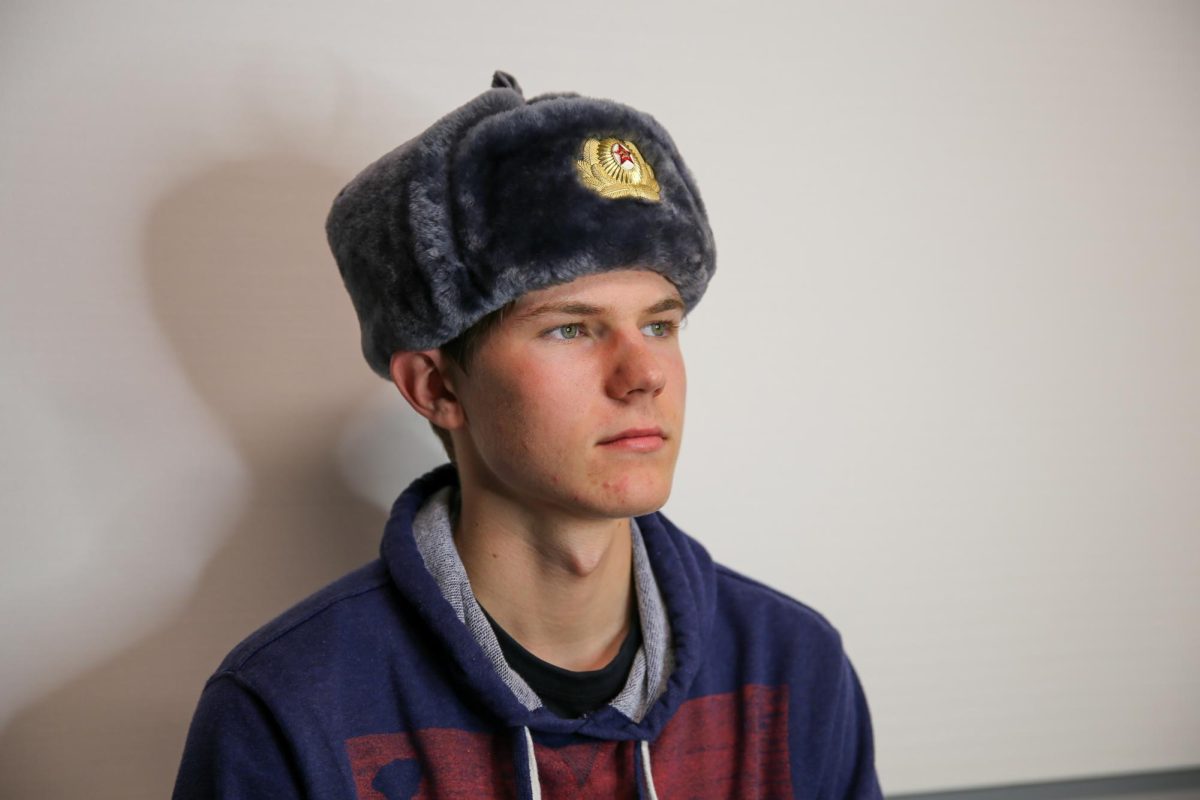

![Junior Mia Milicevic practices her forehand at tennis practice with the WJ girls tennis team. “Sometimes I don’t like [tennis] because you’re alone but most of the time, I do like it for that reason because it really is just you out there. I do experience being part of a team at WJ but in tournaments and when I’m playing outside of school, I like that rush when I win a point because I did it all by myself, Milicevic said. (Courtesy Mia Milicevic)](https://bestofsno.com/wp-content/uploads/2024/06/c54807e1-6ab6-4b0b-9c65-bfa256bc7587.jpg)
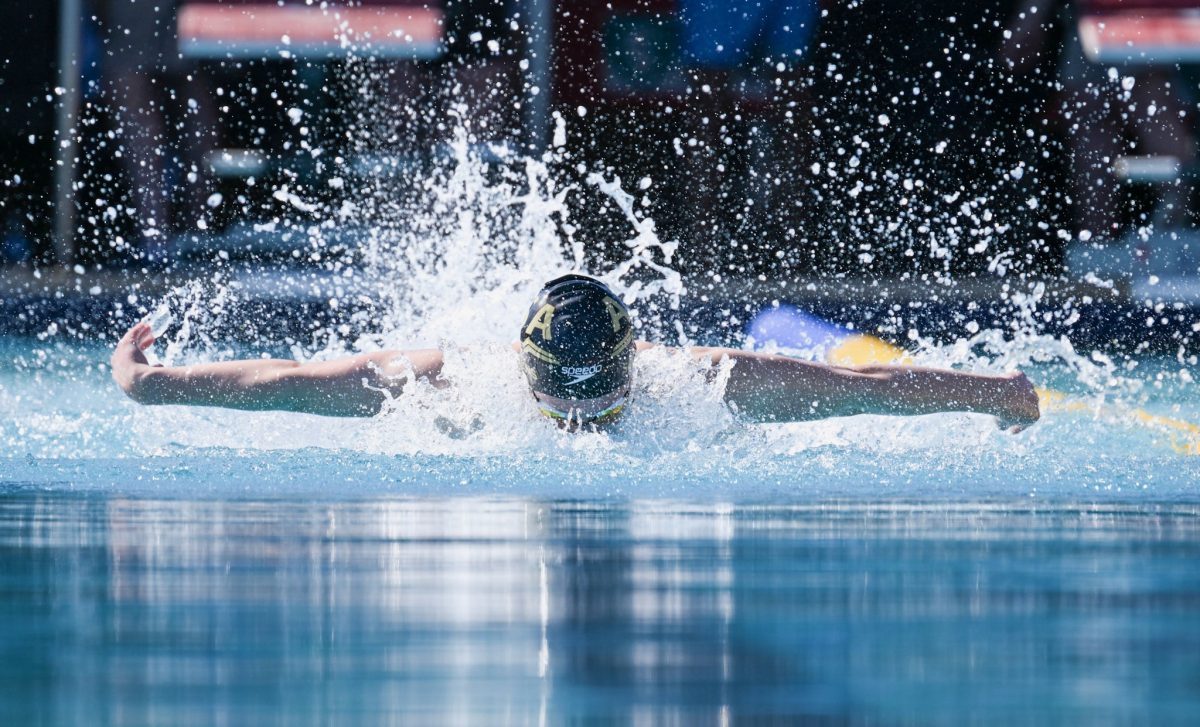
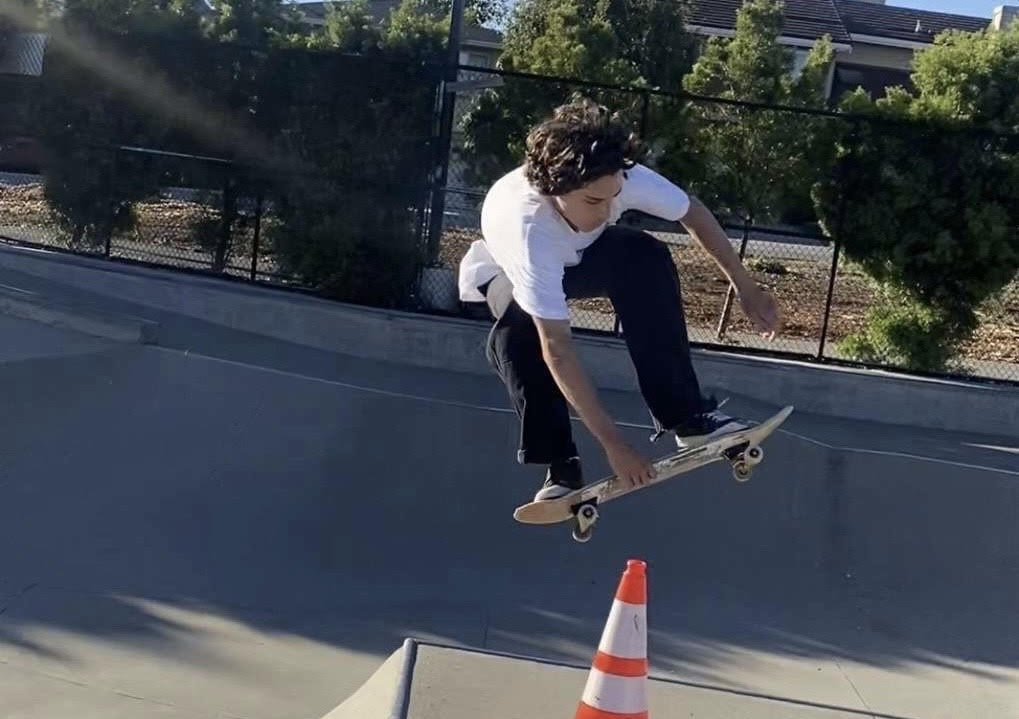
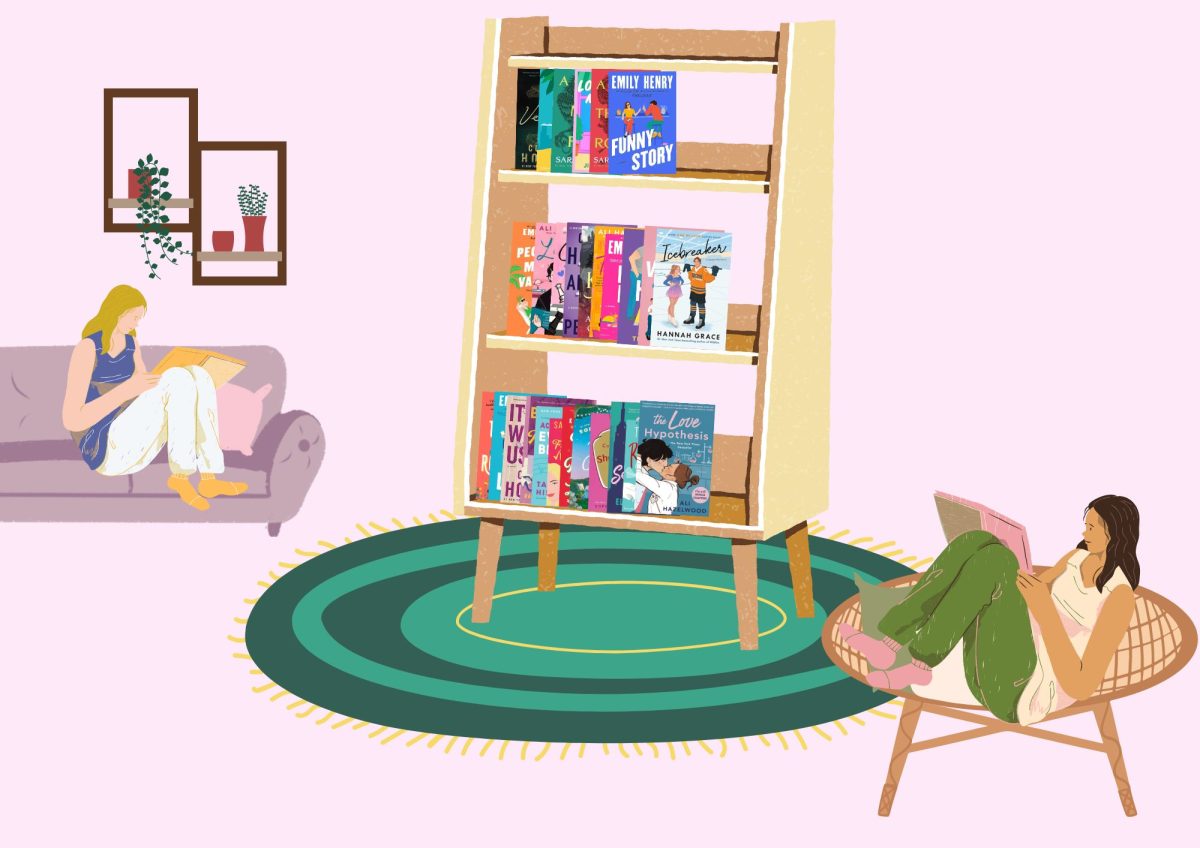




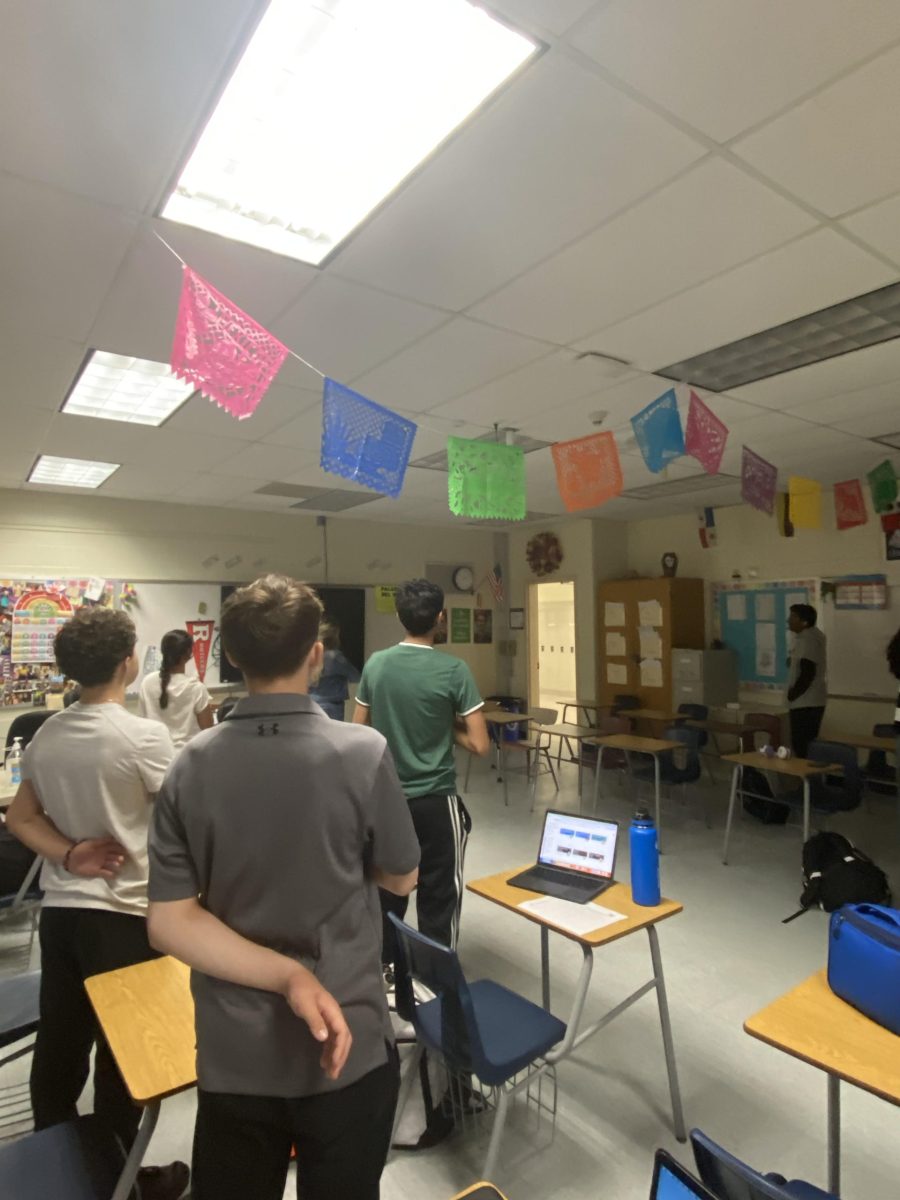
![The Jaguar student section sits down while the girls basketball team plays in the Great Eight game at the Denver Coliseum against Valor Christian High School Feb. 29. Many students who participated in the boys basketball student section prior to the girls basketball game left before half-time. I think it [the student section] plays a huge role because we actually had a decent crowd at a ranch game. I think that was the only time we had like a student section. And the energy was just awesome, varsity pointing and shooting guard Brooke Harding ‘25 said. I dont expect much from them [the Golden Boys] at all. But the fact that they left at the Elite Eight game when they were already there is honestly mind blowing to me.](https://bestofsno.com/wp-content/uploads/2024/05/IMG_7517-e1716250578550-900x1200.jpeg)
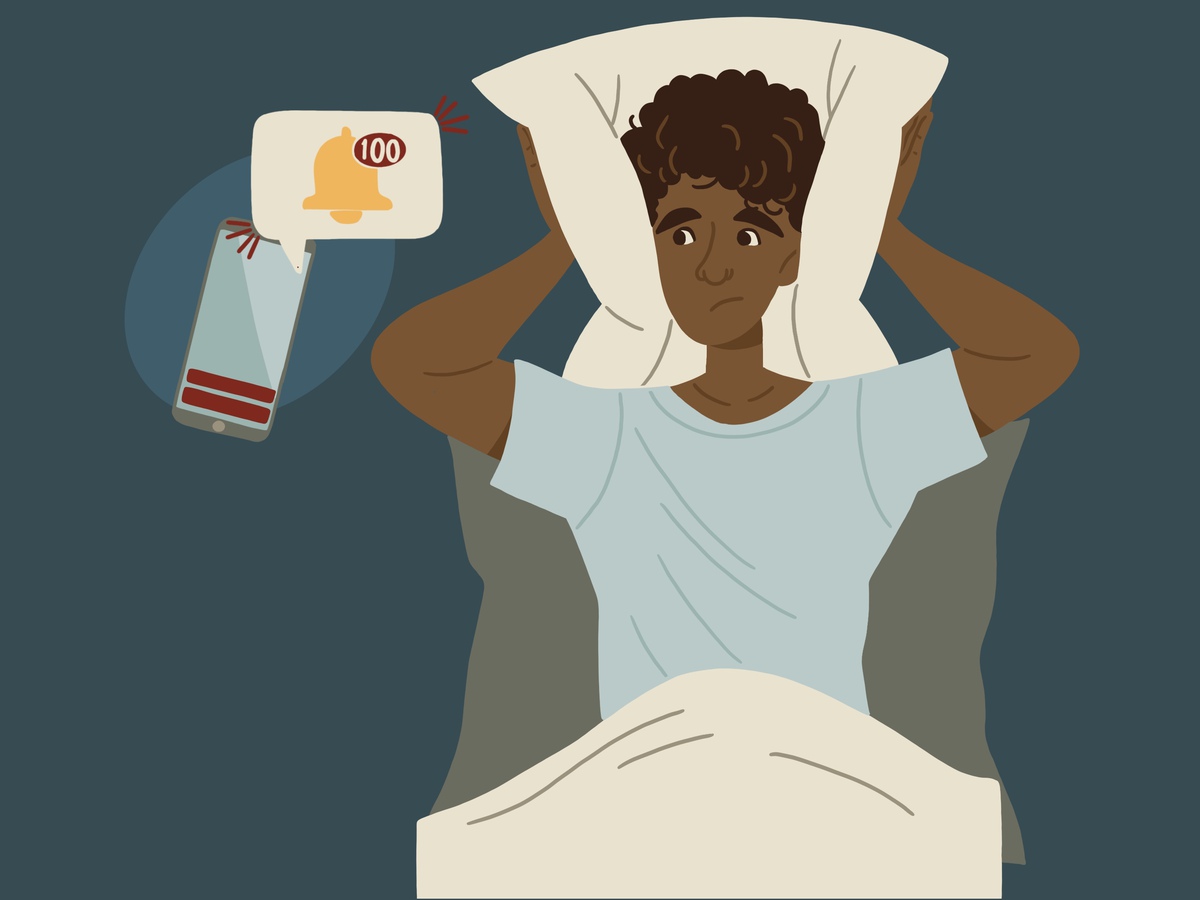

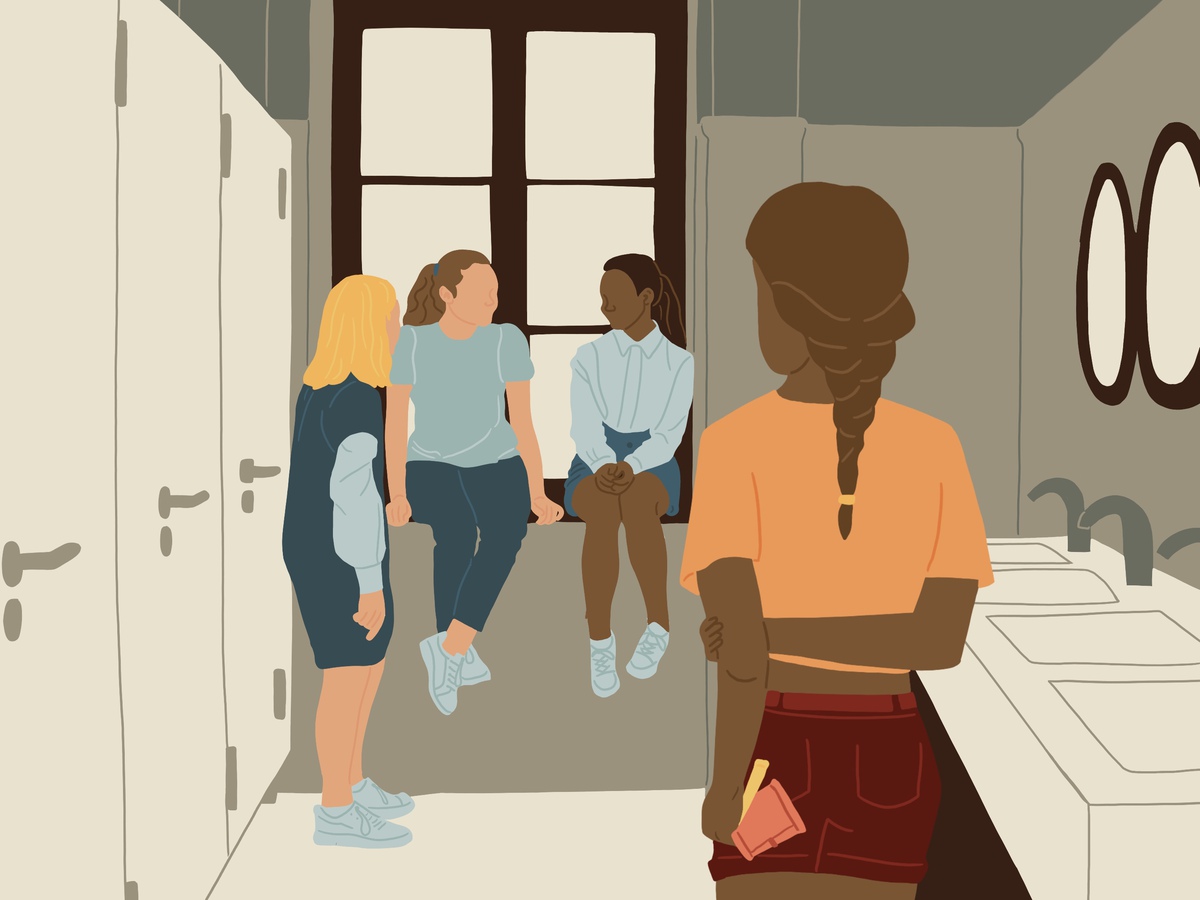
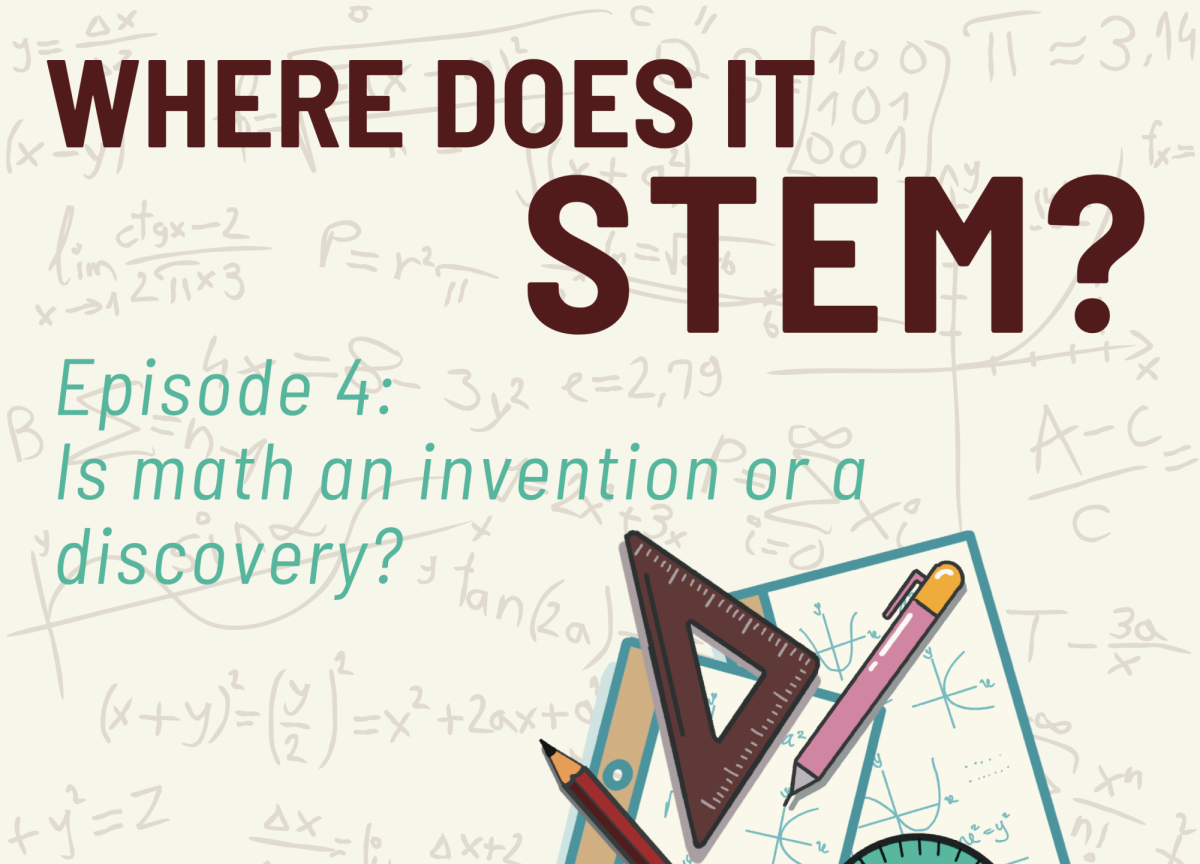

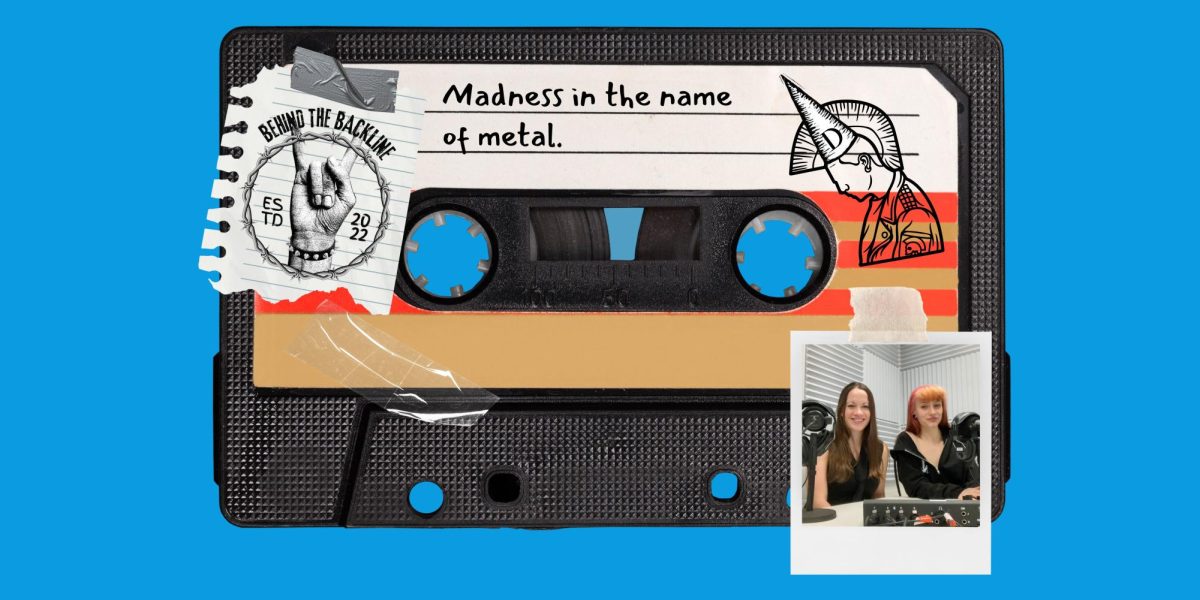
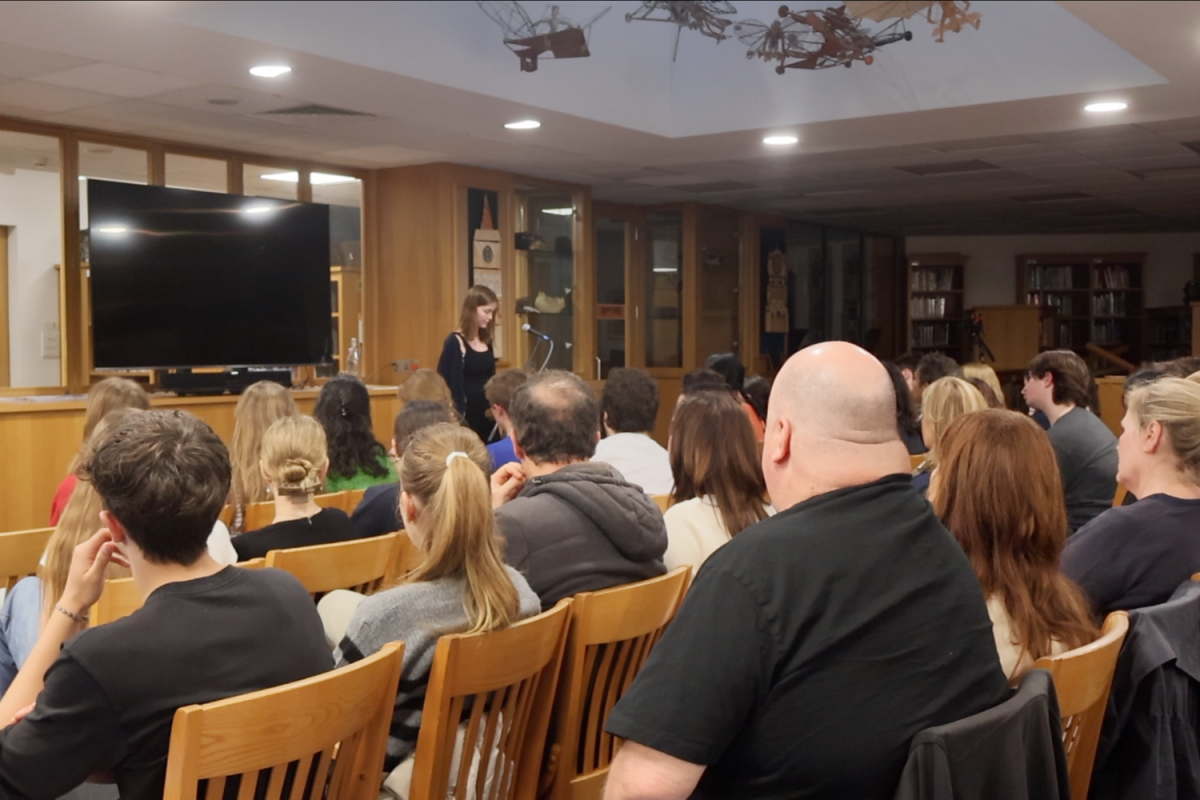

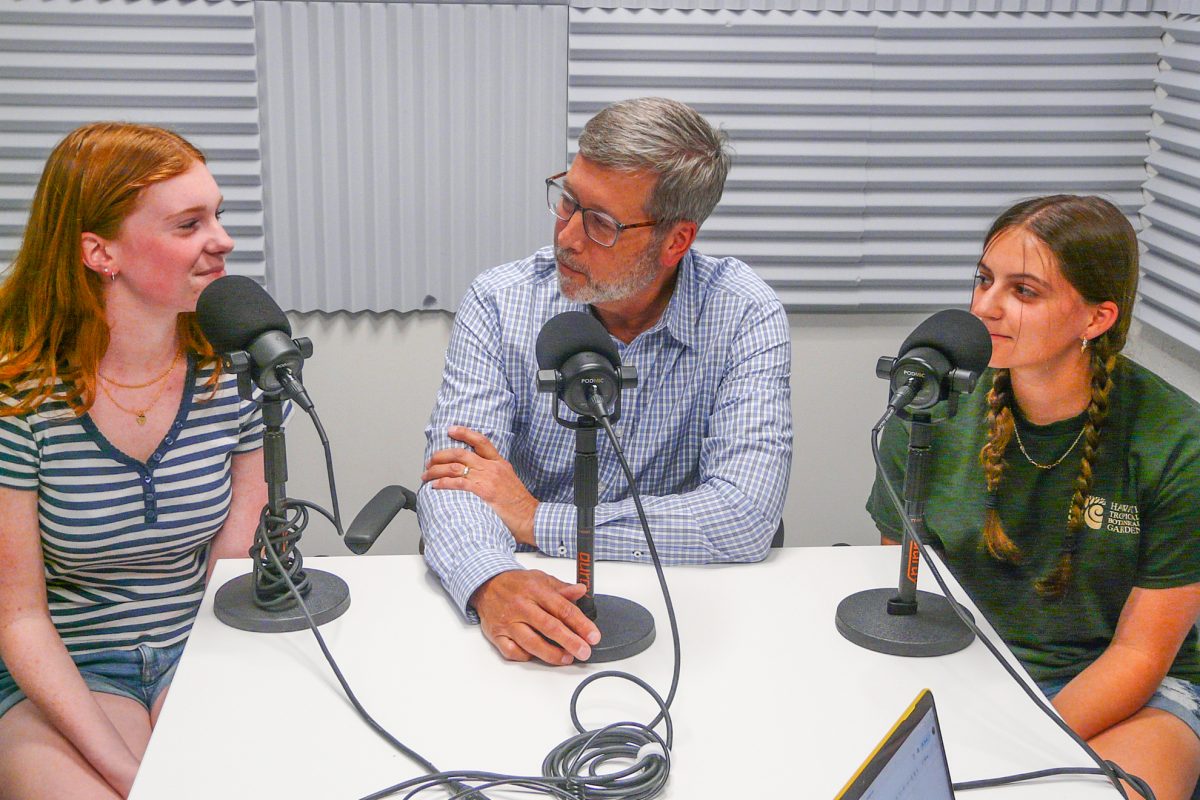
![BACKGROUND IN THE BUSINESS: Dressed by junior designer Kaitlyn Gerrie, senior Chamila Muñoz took to the “Dreamland” runway this past weekend. While it was her first time participating in the McCallum fashion show, Muñoz isn’t new to the modeling world.
I modeled here and there when I was a lot younger, maybe five or six [years old] for some jewelry brands and small businesses, but not much in recent years,” Muñoz said.
Muñoz had hoped to participate in last year’s show but couldn’t due to scheduling conflicts. For her senior year, though, she couldn’t let the opportunity pass her by.
“It’s [modeling] something I haven’t done in a while so I was excited to step out of my comfort zone in a way,” Muñoz said. “I always love trying new things and being able to show off designs of my schoolmates is such an honor.”
The preparation process for the show was hectic, leaving the final reveal of Gerrie’s design until days before the show, but the moment Muñoz tried on the outfit, all the stress for both designer and model melted away.
“I didn’t get to try on my outfit until the day before, but the look on Kaitlyn’s face when she saw what she had worked so hard to make actually on a model was just so special,” Muñoz said. “I know it meant so much to her. But then she handed me a blindfold and told me I’d be walking with it on, so that was pretty wild.”
Caption by Francie Wilhelm.](https://bestofsno.com/wp-content/uploads/2024/05/53535098892_130167352f_o-1200x800.jpg)




